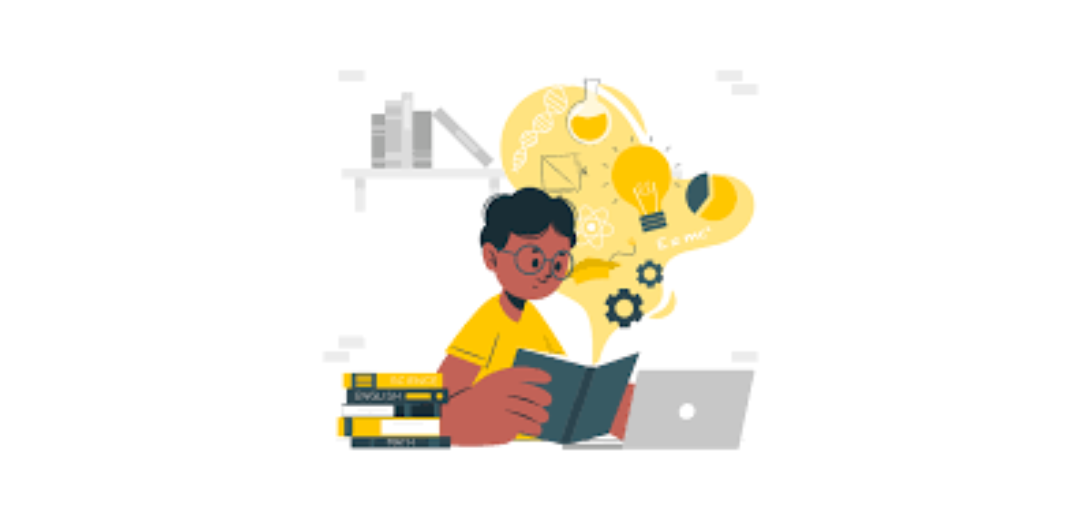As a special education teacher, I have witnessed firsthand the incredible impact that making school curriculum relatable for students can have on their learning experiences. In the world of education, one of the most powerful tools we have at our disposal is the ability to connect classroom content to real-life examples. By doing so, we can foster a deeper understanding, engagement, and enthusiasm for learning in our students. In this blog post, I want to emphasize the significance of this approach and offer some tips for parents and tutors on how to implement it effectively.
The Challenge: Abstract vs. Real-Life Learning
Traditional educational methods often rely on abstract concepts and rote memorization, which can make learning feel disconnected from the real world. For students, especially those with special needs, this can be a significant barrier to academic success. When students struggle to see the relevance of what they are learning, it can lead to disinterest and frustration, making it even harder for them to grasp essential concepts.

The Solution: Bridging the Gap with Real-Life Examples
1. Enhancing Comprehension: Real-life examples help students grasp complex concepts by breaking them down into simpler, relatable terms. For instance, explaining mathematical equations using everyday scenarios like baking cookies or managing a budget can make abstract concepts more understandable.
2. Fostering Engagement: When students can connect what they learn to their own lives, they become more engaged in the learning process. This heightened engagement often leads to increased motivation and a more positive attitude towards learning.
3. Building Problem-Solving Skills: Real-life examples encourage critical thinking and problem-solving. They show students that what they learn in school has practical applications in the world around them, helping them see the value of education beyond the classroom.
4. Personalized Learning: By using real-life examples, teachers, parents, and tutors can tailor the learning experience to the unique interests and needs of each student. This individualized approach can be particularly beneficial for children with special needs, as it allows for a more customized and effective learning experience.

How Parents and Tutors Can Implement Relatable Learning
1. Listen to Your Child: Pay attention to your child’s interests, hobbies, and questions. Use these as a basis for finding relevant examples to explain academic concepts. If your child loves sports, incorporate math or physics problems related to their favorite sport.
2. Be Observant: Encourage your child to ask questions about the world around them. If they inquire about a natural phenomenon, historical event, or everyday activity, seize the opportunity to turn it into a learning experience.
3. Use Everyday Experiences: Whenever possible, relate academic concepts to everyday experiences. For example, when teaching about fractions, divide a pizza into slices to illustrate the concept.
4. Explore Learning Resources: Utilize educational websites, books, and apps that provide real-life examples and interactive lessons. These resources can complement classroom instruction and make learning more enjoyable.
5. Collaborate with Educators: Communicate with your child’s teachers and special education team to share insights about what engages your child. They can adjust their teaching methods to make lessons more relatable.

Making school curriculum relatable for students by providing real-life examples is a game-changer in the world of education! It enhances comprehension, fosters engagement, and nurtures critical thinking skills. As a parent or tutor, you have the power to incorporate this approach into your child’s learning journey, making their education not only more effective but also more enjoyable. Remember, when students can see the real-world relevance of what they learn, they are more likely to excel academically and develop a lifelong love for learning.
Be Silly. Be Honest. Be Kind. 💜
Rachel

